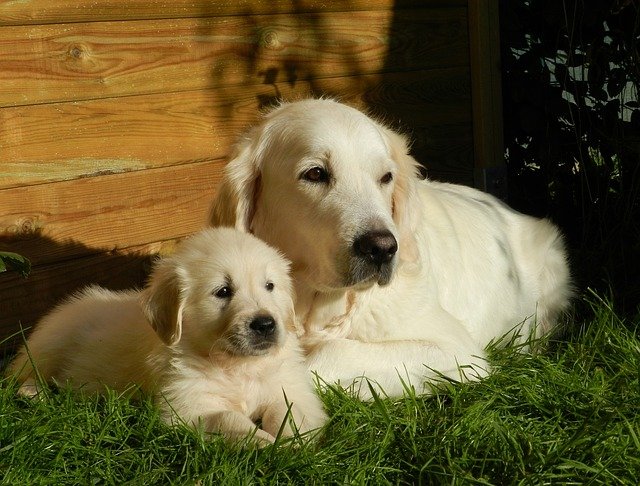Are you planning on bringing a new puppy home? Congratulations! Getting a new furry friend is indeed an exciting experience. However, with the excitement comes great responsibility. One of the most crucial aspects of being a dog owner is puppy training. Proper training not only helps your puppy to learn new skills, but it also helps to strengthen your bond with them. Here are 10 essential tips for successful puppy training.
1. Start Training Early:
The earlier you start training your puppy, the better. Puppies are more receptive to new experiences and are more likely to learn quickly. Therefore, it is essential to start training them as soon as they arrive. You can start with basic commands such as sit, stay, and come.
2. Always Use Positive Reinforcement:
The best way to train your puppy is by using positive reinforcement. Positive reinforcement is the process of rewarding your puppy when they exhibit desirable behavior. This could be in the form of treats, praise, or toys. By doing so, you are encouraging your puppy to repeat their good behavior.
3. Be Consistent:
Consistency is key to successful puppy training. The rules you set for your puppy should be consistent and should not vary from one person to another. For instance, if you don’t allow your puppy to jump on the couch, everyone in the household should adhere to the same rule.
4. Keep Training Sessions Short:
Puppy attention spans are short. Therefore, it’s essential to keep training sessions short and interesting. Ideally, 10-15 minutes of training per session is enough for puppies. You can also break up the training session throughout the day to avoid overwhelming your puppy.
5. Train One Command at a Time:
While it’s tempting to teach your puppy everything at once, it can be counterproductive. Try and focus on one command at a time until your puppy has perfected it. Once your puppy has learned one command, you can then proceed to the next.
6. Don’t Punish Your Puppy:
Punishing your puppy for misbehaving is not the best way to correct their behavior. It could lead to fear, aggression, or anxiety. Punishing your puppy also undermines the bond between you and your furry friend. Instead, focus on positive reinforcement and redirecting their undesirable behavior towards desirable ones.
7. Socialize Your Puppy:
Socialization is a crucial part of puppy training. It’s essential to expose your puppy to different people, animals, and environments. By doing so, you’re teaching your puppy how to interact and communicate effectively with others. This exposure also helps to reduce fear and anxiety in puppies.
8. Be Patient:
Training your puppy requires patience and consistency. It takes time for your puppy to learn and perfect new skills. Therefore, it’s crucial to be patient and avoid getting frustrated when things don’t go according to plan.
9. Use High-Value Treats:
High-value treats are a valuable tool when training your puppy. These treats should be highly desired by your furry friend and given in small amounts. Examples of high-value treats include chicken, cheese, or liver treats.
10. Seek Professional Help:
If you’re struggling to train your puppy or your puppy has aggression issues, consider seeking professional help. A professional dog trainer can help you develop a personalized training plan that works for you and your puppy.
To wrap up, successful puppy training requires patience, consistency, and positive reinforcement. By using these 10 essential tips, you’ll be well on your way to training your puppy to be a well-behaved, happy furry friend. Remember, it’s essential to start training your puppy early and seek professional help if you’re struggling. Good luck!
